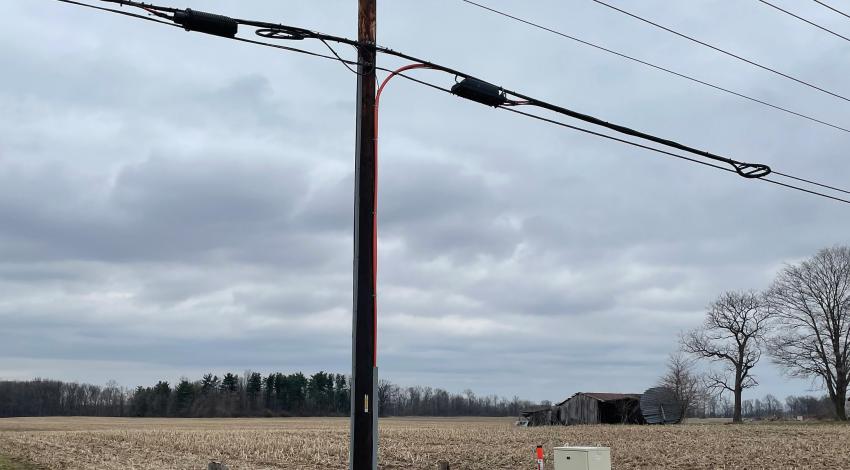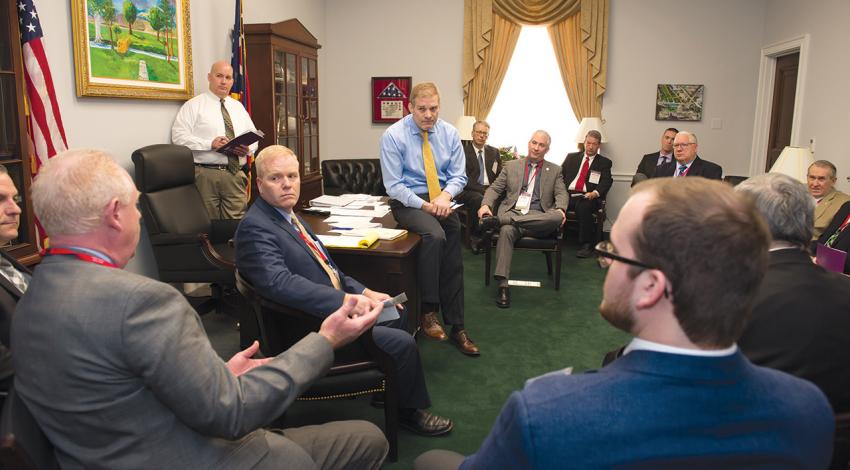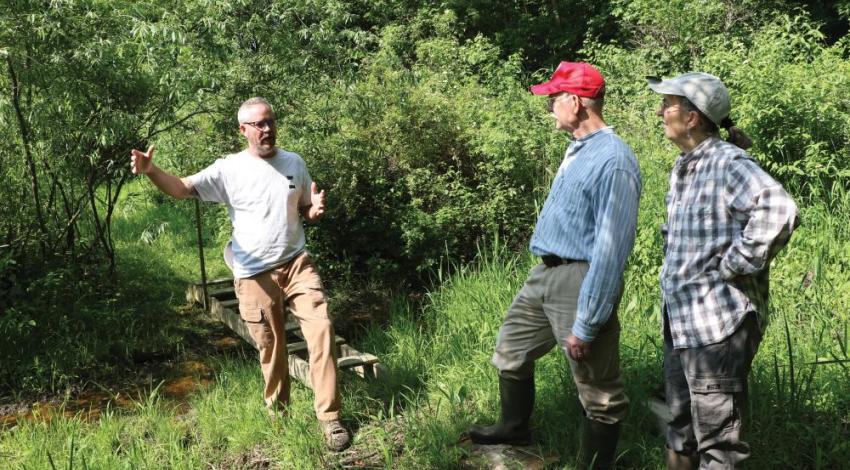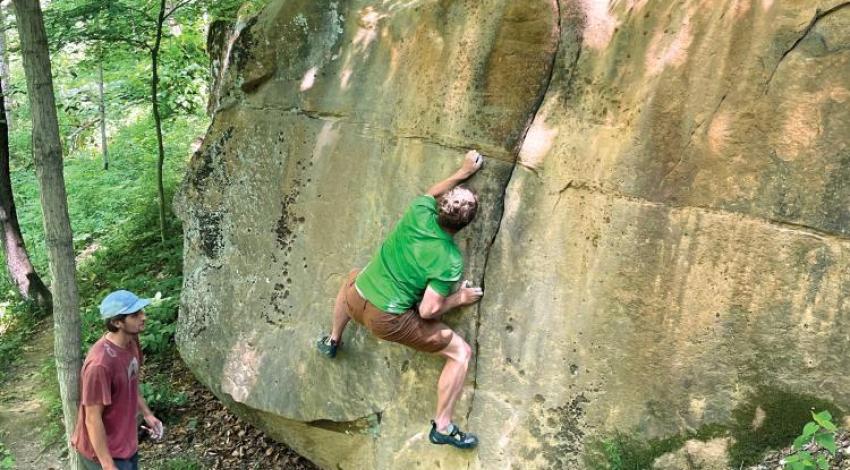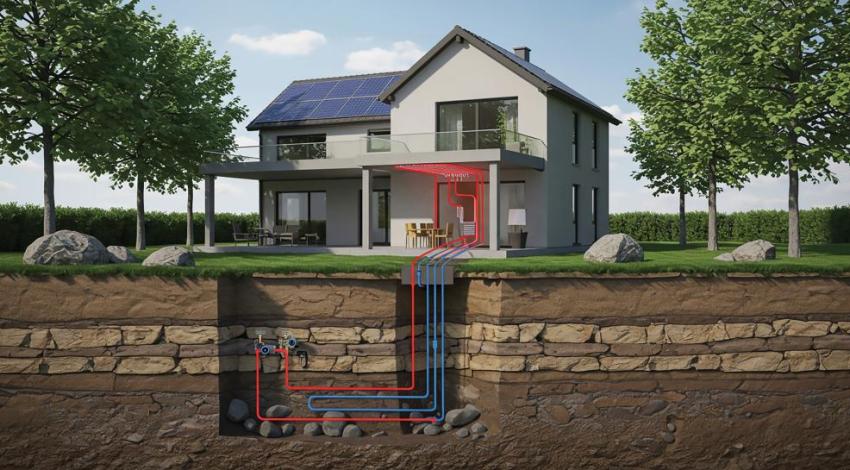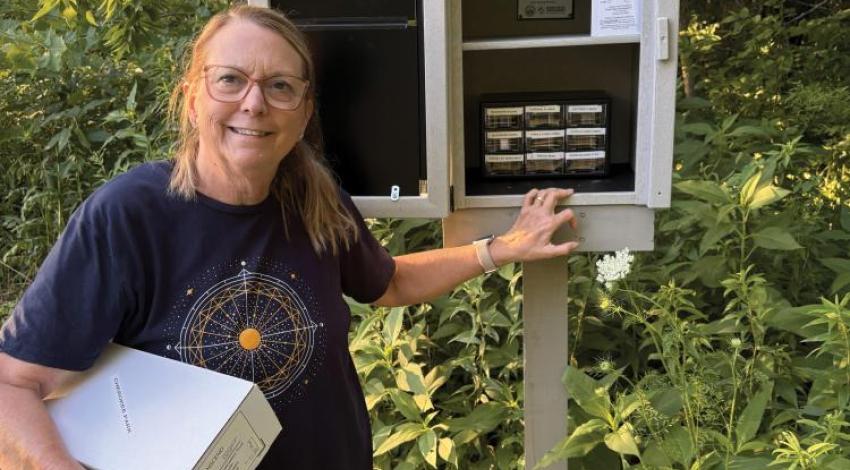Anyone living in a rural area of Ohio knows there’s a problem with internet service.
The need for speed
Lack of high-speed internet access affects students’ ability to learn, individuals’ ability to work, and businesses’ ability to prosper, because every day the world is becoming more digital. Online classes, remote work, and Zoom meetings are becoming more and more the norm, and without broadband, those digital tools are simply unavailable.
There can be no doubt that electric cooperatives will play a part in bridging that digital divide.
